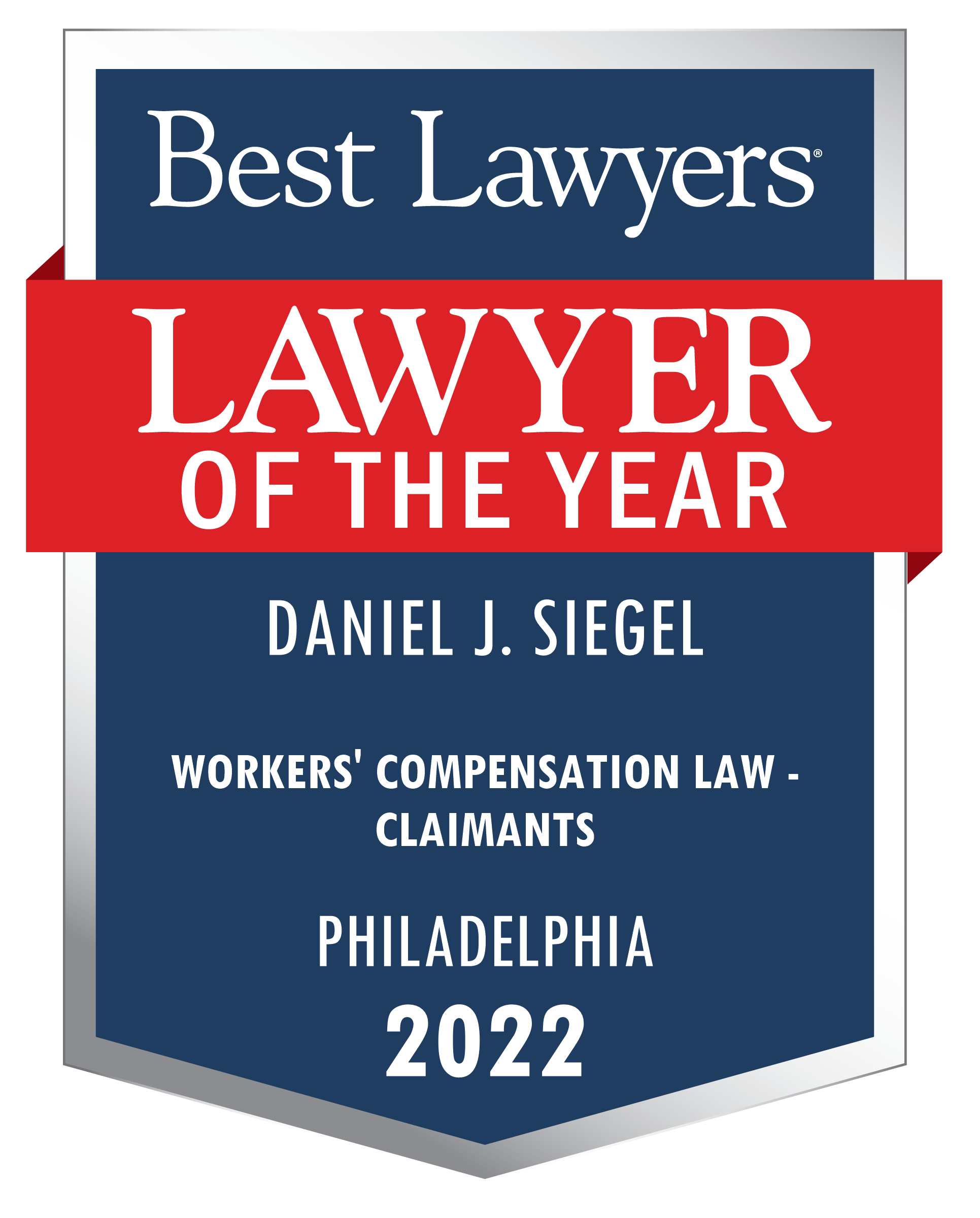Ethical Do’s and Don’ts for Solo, Small and Mid-Sized Firm Attorneys
Reprinted from the October 2022 Issue of “The Practical Lawyer,” published October 2022 by the American Law Institute, www.ali-cle.org.
Lawyers must comply with their states’ versions of the Model Rules of Professional Conduct (Rules), the ethics rules that govern how we handle clients and their matters and how we address confidentiality, staff, technology and cybersecurity, IOLTA/trust accounts, and more. But the Rules are not always clear and, in areas like technology, were written before technology was even a “thing.”
There is often the perception that the ethics rules focus more on issues that large firms face. While the Rules do apply equally to all attorneys, and not to firms, there remains the belief that Rules are written by lawyers in large firms and do not address issues other lawyers face. What is clear based upon my experience representing attorneys, however, is that solo, small- and mid-sized firm lawyers are disciplined in a disproportionate percentage when compared with large firm attorneys. Why? Because in many cases the lawyers subject to discipline do not have the guidance or resources available in large firms and they fail to seek counsel until later in the disciplinary process.
Large law firms often have internal general counsel, and many even have ethics counsel, whose primary role is to handle any ethical issues the firms and their lawyers face. Thus, when larger firm lawyers have ethical problems or concerns, or hear from disciplinary counsel, they can turn to their firms’ internal resources to address the issues. As a result, they are able to head off many, if not most, of the issues that arise.
Lawyers who practice solo, or in smaller firms, do not have the same safety nets. They are also often preoccupied with other concerns, such as handling clients, generating business, and all the other items they must juggle, including:
- Running the office;
- Managing the firm’s information technology, website, client files storage, email, and cybersecurity;
- Hiring, firing, and supervising paralegals, legal assistants, outside vendors, co-counsel, and contract attorneys;
- Engaging in client development and advertising/marketing;
- Managing or overseeing IOLTA/trust accounts; and
- Addressing conflicts of interest.
Compare that list with the lifestyle of larger firm lawyers, who typically do not handle or know about their firms’ IOLTA and other trust accounts, leases, purchases of equipment and office supplies, or the other administrative tasks that solos and small firm lawyers do as a matter of course. That is why, when our firm sees a cover letter addressed to the Hiring Partner, we smile, knowing that the Hiring Partner also takes out the trash.
This also means that disciplinary issues do not always receive the prompt attention they should or that, absent the in-house safety nets, lawyers do not recognize the potential severity of disregarding or minimizing notices from disciplinary counsel.
Fortunately, there are many proactive steps lawyers can take to avoid disciplinary hot water. This article will outline nine key areas that can proactively help all lawyers, especially those in solo, small- and mid sized firms, avoid being the subject of and having to respond to disciplinary inquiries.
1. Read and know the rules of professional conduct
“Read the Rules” is a mantra every attorney should know, and it means more than reading the Rules of Professional Conduct that apply in every state in which you practice. It also means reading the Rules that apply in all of your matters and understanding all the guidelines that apply to professional conduct. At its core, knowing the rules is the minimum competence standard set forth in Rule 1.1.
Thus, if you handle litigation, you also need to read and comply with the relevant Rules of Civil Procedure. Otherwise, a violation such as missing a filing deadline and having a matter dismissed could lead to discipline. Similarly, lawyers with family matters need to recognize the parameters that apply so that they avoid sinking to the depths that some of their clients do in the heat of the moment. In short, knowing the rules—all of them, not just the ethics rules— can help avoid having to hire counsel and explain your missteps.
In addition, many lawyers are licensed in more than one state. For those attorneys, when the ethics rules differ between the states where they are licensed, the best practice is to comply with the most restrictive or detailed rules so that your conduct meets the requirements of every state.
Consider two examples. The IOLTA account rules (typically Rule 1.15) differ in every state, and even the definition of IOLTA funds differs from state to state. Similarly, the advertising Rules (typically Rules 7.1, 7.2 and 7.3) are not consistent from state to state, and they are changing. So not only must you follow and know the Rules, you should also stay abreast of any changes.
2. Handle all funds properly
The easiest way to lose a law license is to mishandle or misappropriate client funds. After all, lawyers are considered fiduciaries in many circumstances, and the need to handle client funds in IOLTA accounts is particularly acute. In addition, my office reviewed the disciplinary decisions in Pennsylvania and discovered that the largest single subject that results in public discipline (ranging from public admonitions to suspensions to disbarments) is mishandling client funds, IOLTA account funds in particular.
Consequently, proper handling of all funds is essential to maintaining your law license and complying with Rule 1.15.
3. Handle client matters diligently
All new attorneys believe that they will be on top of every aspect of every client matter, without exception. Then reality sets in. Life as a practicing lawyer has many demands, including the need to juggle assignments, deadlines, and the ever-changing needs of partners and bosses.
Time management is a critical skill that is rarely, if ever, taught in law school, and does not come naturally to most people. Time management is crucial not only to meeting deadlines and other demands, but also to complying with the Rules (Rule 1.3 requires all lawyers to handle matters diligently), maintaining your sanity, and assuring that you experience a life outside the office.
Moreover, failing to manage time, failing to acknowledge when problems arise, and failing to deal with these issues often causes lawyers to get into disciplinary trouble or to have emotional or chemical dependency issues. The best solution is to adopt procedures to assure that you can manage your workload and, when challenges arise, to discuss them with colleagues. In addition, when necessary, overwhelmed lawyers should seek assistance from professionals. Many bar associations also have resources that can help.
In addition, lawyers will often benefit from taking time and practice management CLEs, and from consulting books and other sources to assist in managing their workloads.
4. Withdraw in an appropriate manner
Eventually, we all encounter the nightmare client, the one who is too demanding, unreasonable, or so toxic that the only solution is to withdraw or disengage from the representation.
To ensure that client breakups do not end up in disciplinary proceedings or the subject of a legal malpractice claim, lawyers must follow the correct procedures and document everything that happens or has happened. Documenting events is basic best practice regardless of the client or situation.
When it comes to clients with whom a breakup is necessary, following the applicable Rules is critical. If the matter is not in litigation, and there are no applicable procedural rules governing how you must withdraw, then it is crucial to document events and to provide the client with as much notice about any upcoming events, deadlines, etc., as soon as possible.
In most instances, the file is considered client property, and turning it over is mandatory. Withholding the file and prejudicing the client’s matter is another sure route to disciplinary proceedings.
While breaking up is hard to do, doing it correctly can avoid complications down the line.
5. Draft detailed engagement letters and fee agreements
The days when fee agreements and engagement letters were short documents are past. Like a prenuptial agreement, these documents outline the basis for your relationship with the client, the terms of your retention, including fees and the matters involved, and the basis for how and when the relationship may or will terminate. They are also a central form of communication governed by various Rules, including 1.4 and 1.5.
An engagement letter should contain, at a minimum:
- The name(s) of the client(s);
- The matter(s) for which the lawyer is being retained;
- The fees and basis for calculating fees, expenses, and other related billing matters;
- Limitations on the relationship, such as representation you do not provide (e.g., tax advice);
- When and how the relationship will terminate; and
- Explanations of matters such as electronic communications,
cloud storage, etc.
Books have been written about proper fee agreements and engagement letters. One of the better checklists is found at the Law Society of Ontario website. (https://lawsocietyontario.azureedge.net/media/lso/media/lawyers/practice-supports-resources/checklist-forretainer-agreements-and-engagement-letters_en.pdf)
6. Document matters with clients in writing and in a timely manner
“Get it in writing” is advice we always give and hear. When clients come to us with concerns, lawyers always want to see the paperwork, the document trail, the emails, and even the texts. The same advice applies to lawyers. If it is relevant to the client matter, there should be a record. It also helps you comply with Rule 1.4.
It is not necessary to confirm every event and conversation in writing with clients, but a phone log or internal memo of a call or other similar entry can be an enormous benefit later on when there is a dispute. On the other hand, when the event or discussion is of importance, then there should be a communication (e.g., confirming letter or email) in a format that can be preserved. If you are going to use text messages, then be certain to similarly preserve them.
7. Obtain liability insurance
Would you drive your car without insurance? Would you go to a doctor who did not have malpractice insurance? Legal malpractice/professional liability insurance is not mandatory in every jurisdiction, but for lawyers in private practice, who can be exposed to claims of malpractice or subject to disciplinary proceedings, having the right insurance is essential.
The nature of the coverage you need will depend on many factors, including the coverage required in your state, the number and types of cases you handle, the potential amount of damages and defense costs that would arise if a claim were made, and the nature and extent of your personal assets. In addition, there are various other types of coverage you can have (e.g., coverage for disciplinary defense proceedings) which have limited or no coverage, or require you to purchase a rider. Finally, some policies allow you, the insured, to select or request who will be assigned as counsel, which in some cases will provide you with additional peace of mind.
8. Seek disciplinary guidance
You do not always need to have in-house counsel to obtain guidance. One common statement by disciplinary authorities is that attorneys fail to seek guidance when confronted with ethical challenges. Fortunately, many state and local bar associations have ethics counsel and committees who will provide informal guidance to attorneys. In addition, those bars often issue guidance opinions that may be relevant to the particular situation. By seeking out these resources, lawyers can learn about the issues they are facing and can also explain to disciplinary authorities that they sought guidance in good faith before handling a particular situation.
9. Treat clients, opposing counsel, judges, and everyone else with respect and civility
Civility and professionalism matter. After all, we have all heard about the need for lawyers to be zealous advocates. Where does this phrase come from?
The word “zeal” appears once in the Model Rules of Professional Conduct, while “zealously” appears three times, but neither appears in the Rules themselves. Rather, they appear in the Preamble (three times) and once in a Comment to Rule 1.3. In addition, references in the Preamble focus on a lawyer who acts “zealously” to assert or defend a client’s position.
Yet some lawyers believe that zealous tactics are essential, and that it is a badge of honor to be uncivil and to treat other counsel with disdain and rudeness. That approach may fulfill certain internal needs but it does not generally receive a positive response from judges or disciplinary counsel. In fact, lawyers have been disciplined for being overly zealous or using methods that engender ill will.
In short, you can be nice and still represent your clients fully – and zealously.
These steps are not extraordinary; they are practical best practices and should be part of your daily routine. After all, you will sleep better knowing that someone else is hearing from disciplinary counsel.
DANIEL J. SIEGEL, the principal of the Law Offices of Daniel J. Siegel, LLC, is chair of the Pennsylvania Bar Association Committee on Legal Ethics and Professional Responsibility and provides ethical and disciplinary guidance to other attorneys. He is also the author of 14 books, including Fee Agreements in Pennsylvania, (6th Ed.), Changing Law Firms: Ethical Guidance for Pennsylvania Law Firms and Attorneys, and How to Do More in Less Time: The Complete Guide to Increasing Your Productivity and Improving Your Bottom Line. He can be reached at dan@danieljsiegel.com.
Reprinted from the October 2022 Issue of “The Practical Lawyer,” published October 2022 by the American Law Institute, www.ali-cle.org.







